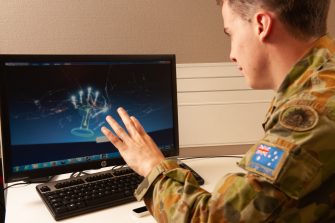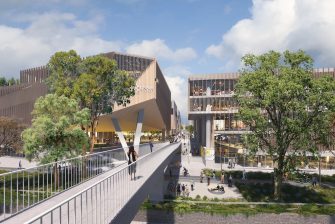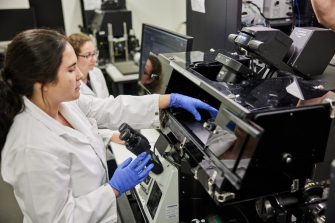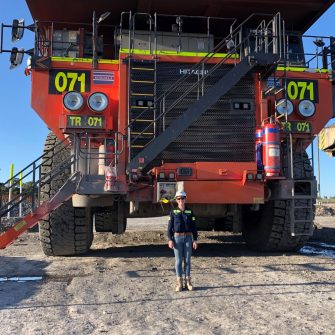Your defence research & education partner
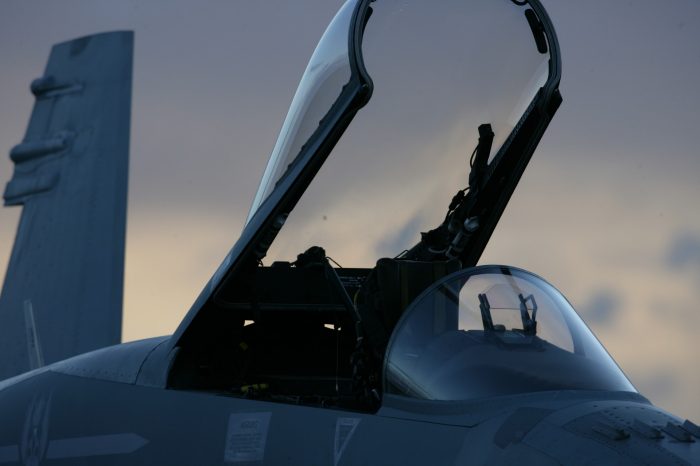
Defence research at UNSW
The Defence Research Institute (DRI) facilitates partnerships across academia, Government, Defence and defence industry to addresses critical challenges in defence and security. To achieve collective growth and success, these strategic partnerships leverage UNSW's premier research, education, and workforce development through lifelong learning.
The DRI fosters a collaborative environment conducive of progressing cutting edge technology, health, business, and humanities across the university for societal impact. The DRI builds collaborations to translate world-class defence and national security research into enduring transformational solutions that support Australia’s national interests.
The DRI champions UNSW’s unwavering pursuit to maintaining a safe and stable community in a complex and challenging global environment.

Identify research opportunities
The institutes team of subject matter experts actively identify key areas for research and innovation within the defence domain. This ensured that UNSW's cutting-edge research is aligned with strategic needs, and is effectively positioned to address emerging challenges, and support Australia's national security interests. By enhancing UNSW's reputation as a leader in defence research, attracting to talent, and fostering collaboration, the DRI yields the universities strength of innovative solutions for defence and national security, benefiting society, and safeguarding national interests.
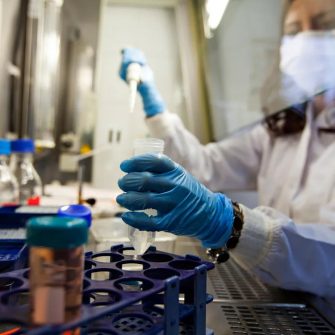
Coordinate research collaborations
UNSW collaborates with experts across academia, Government, Defence and defence industry, to address complex defence challenges. These collaborations foster interdisciplinary research and knowledge exchange. By bringing together diverse expertise, from scientists and engineers to policymakers and industry professionals, UNSW enables faster development of defence capabilities such as cyber, artificial intelligence & autonomy, quantum technologies, undersea capabilities, hypersonic and counter-hypersonic capabilities, electronic warfare, innovation, and information sharing.
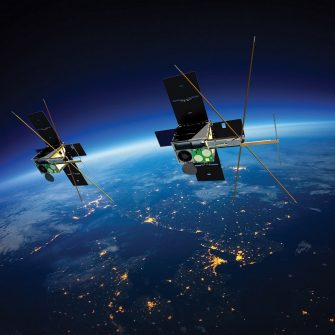
Facilitate stakeholder partnerships
The institute builds and maintains partnerships with Government, Defence, defence industries and other stakeholders to enhance knowledge sharing, technology transfer, and practical applications, addressing real-world needs. Establishing long-term relationships, informing research, and enabling tailored solutions support a safe and stable Australia in a complex and challenging global environment.

Support to source new funding
UNSW actively seeks funding opportunities to support defence-related research projects. By securing resources, the institute enables impactful research and development initiatives fuelling innovation ensuring continuity of critical research, strengthening Australia's defence and security capabilities.

